Our Partners

Our Place
St John’s Care
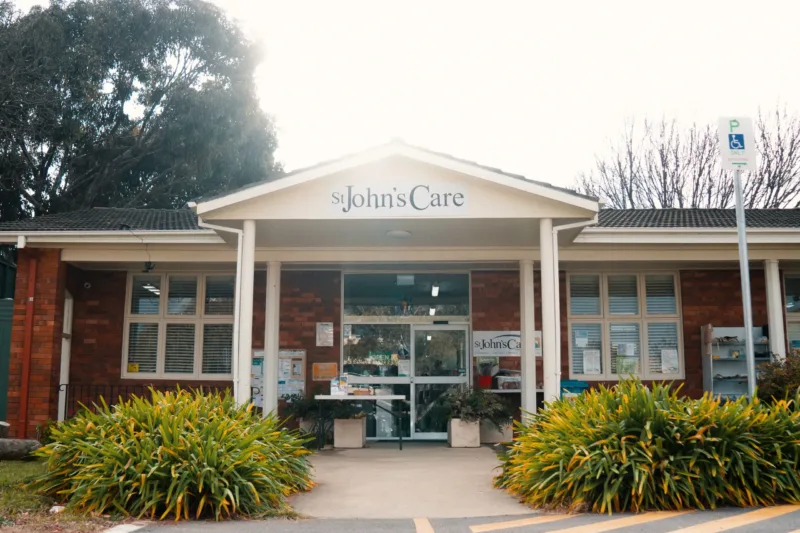
Economic Justice and Safety

Our Place
Canberra PCYC
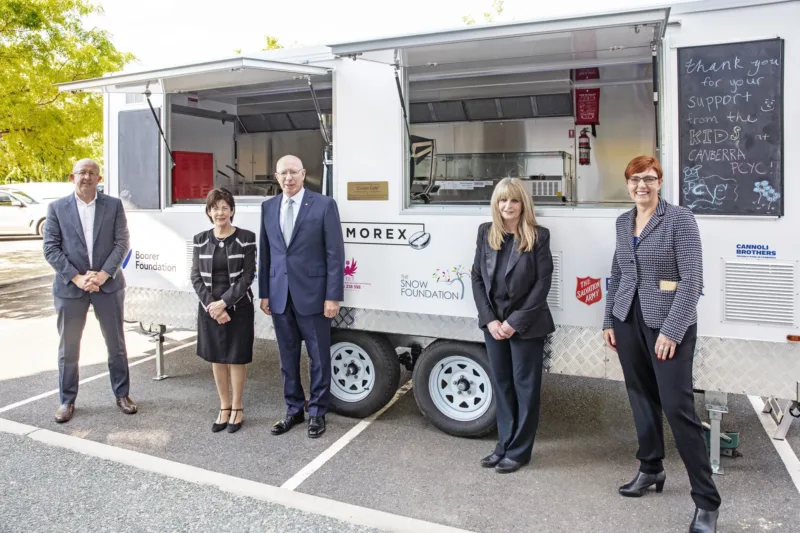
Education and Employment
Youth

Our Place
The Smith Family – Let’s Read
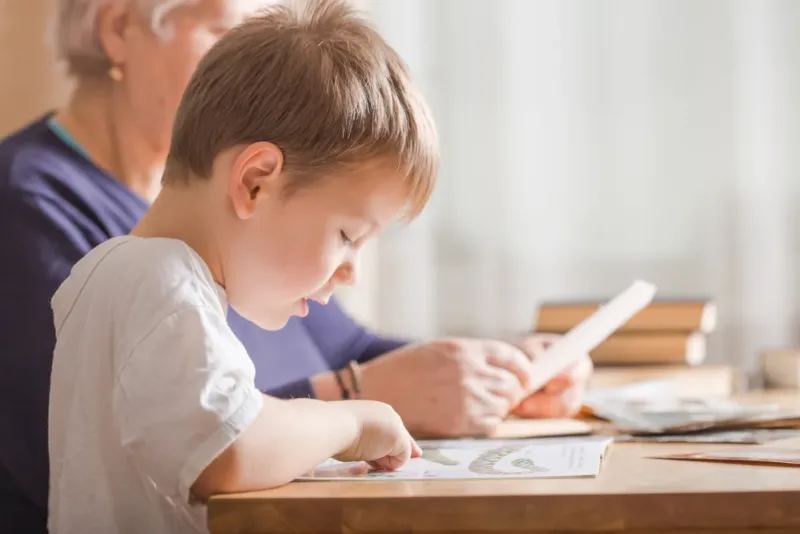
Education and Employment

Our Place
The Men’s Table
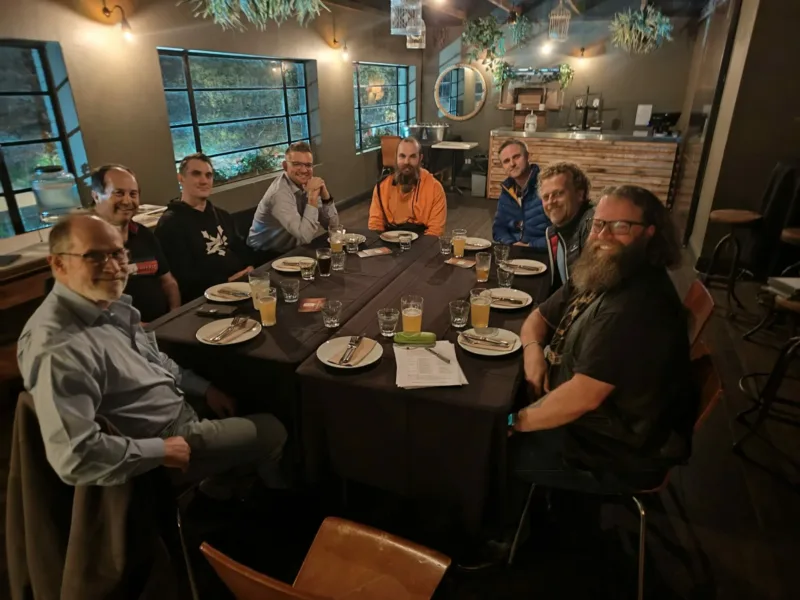
Health

Our Place
Clare Holland House
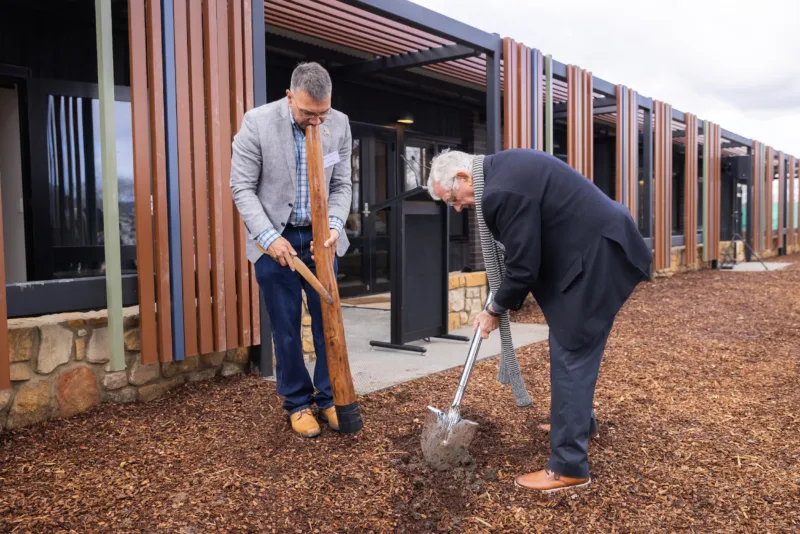
Health

Our Place
YWCA Clubhouse
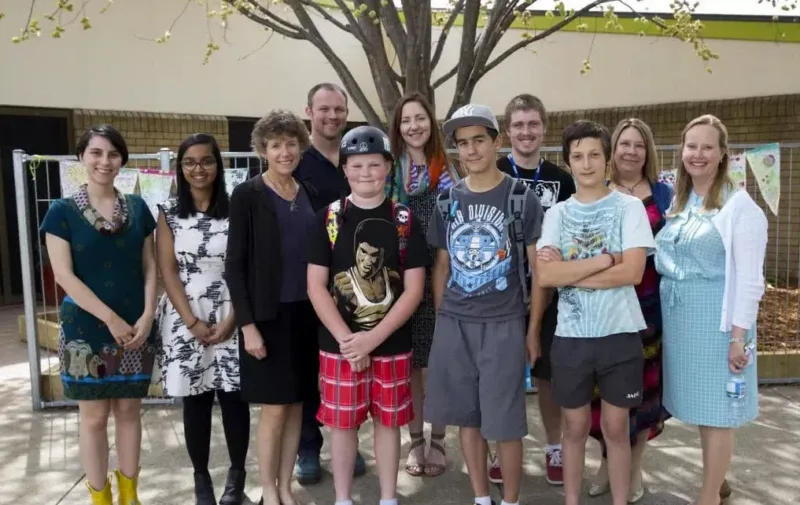
Education and Employment

Our Place
Mental Illness Education ACT
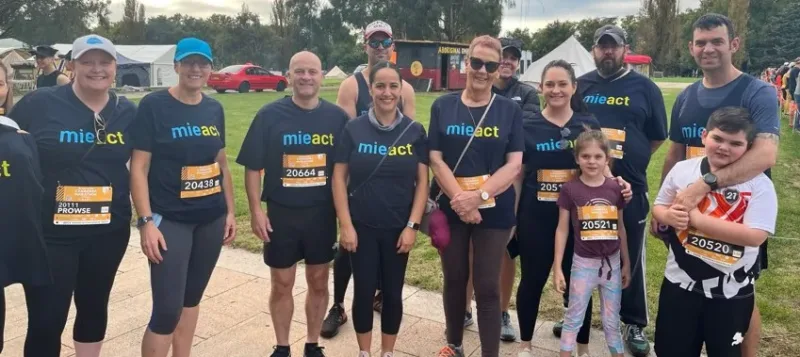
Education and Employment

Our Place
Menslink
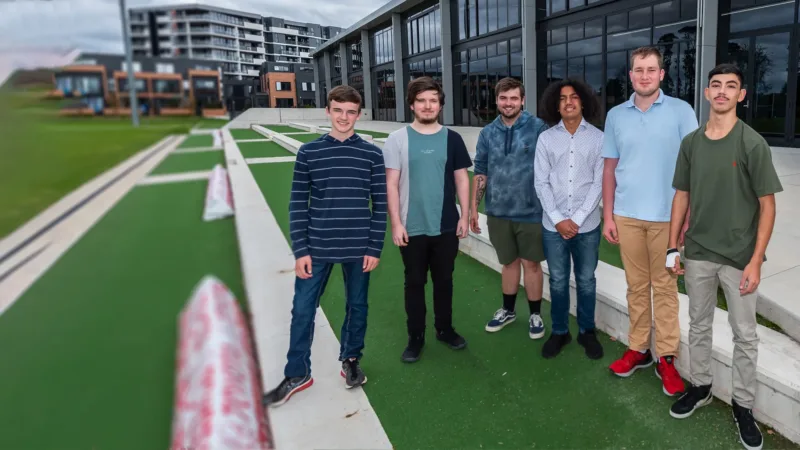
Education and Employment

Our Place
YWCA Rentwell
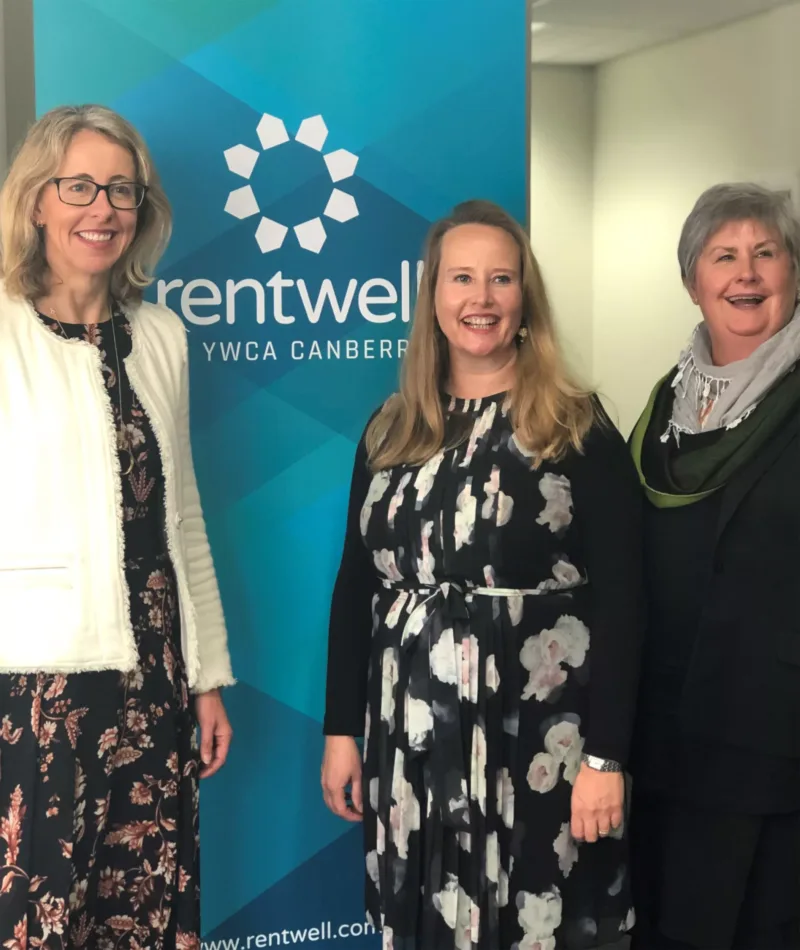
Economic Justice and Safety

Our Place
Sydney Community Foundation and Sydney Women’s Fund
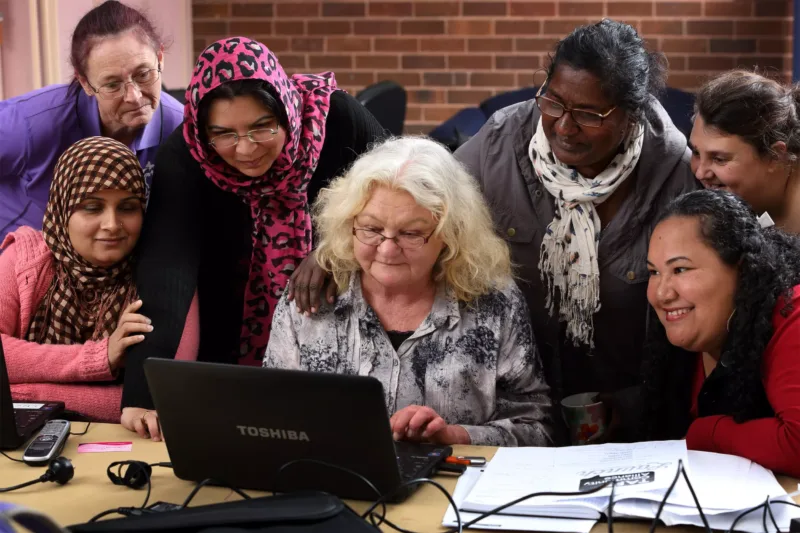
Economic Justice and Safety
Education and Employment
Health
Sector Capacity

Our Country
ACOSS
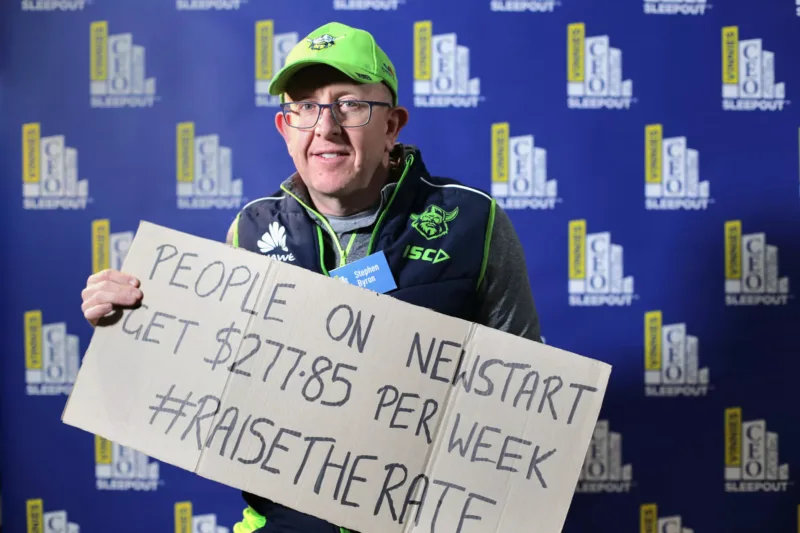
Education and Employment
Social Justice Issues

Our Country
Rheumatic Heart Disease
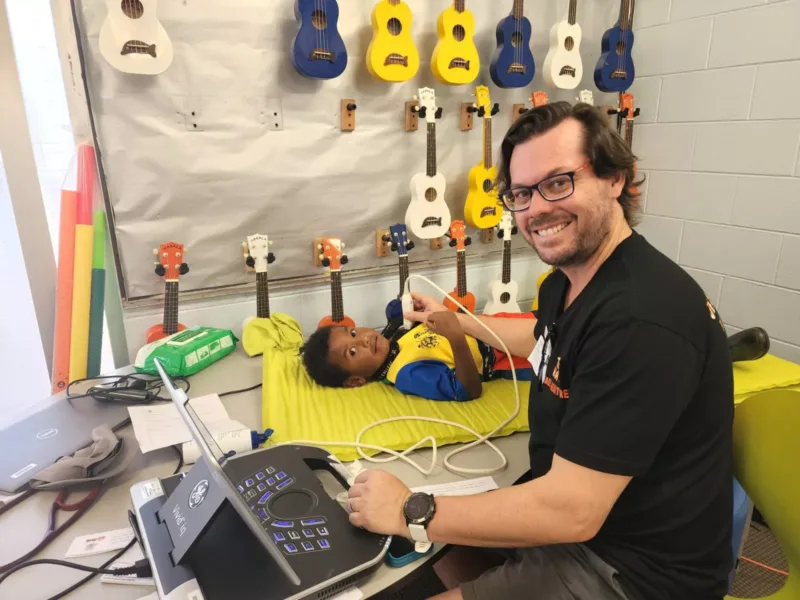
Health
Social Justice Issues

Our Country
Equality Australia
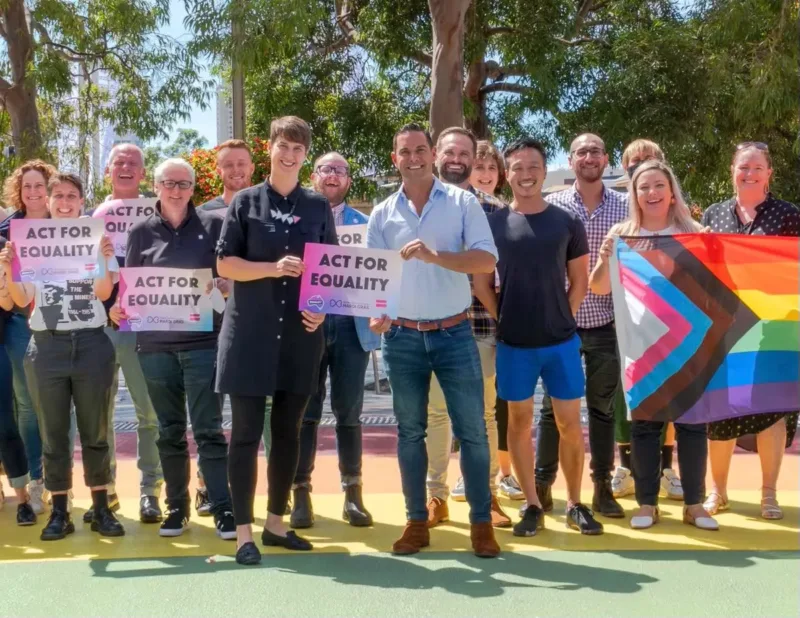
Education and Employment
Social Justice Issues

Our Country
Good360
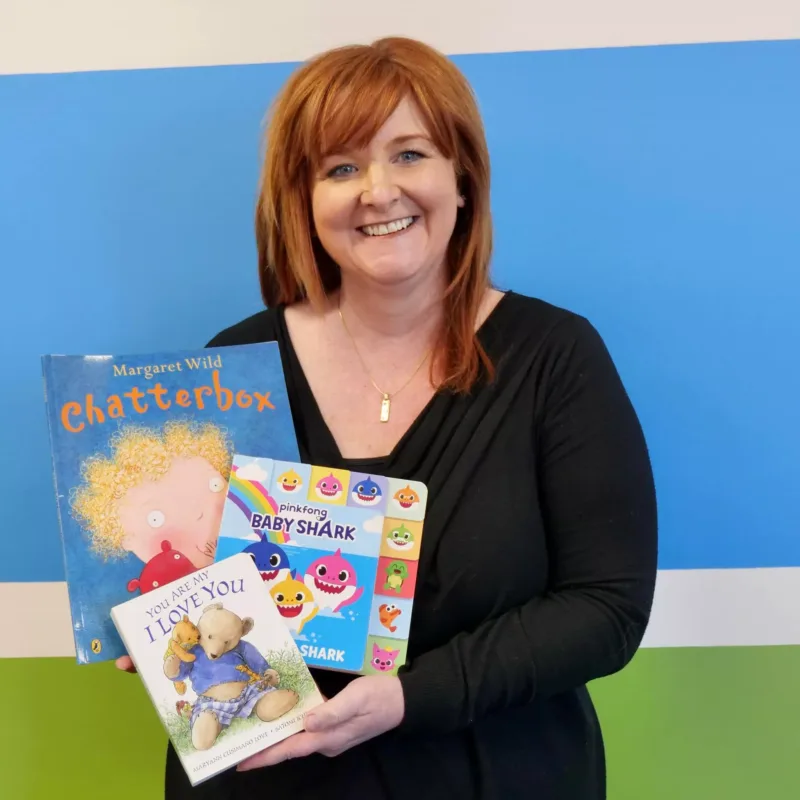
Economic Justice and Safety
Social Entrepreneurs

Our Country
Documentaries
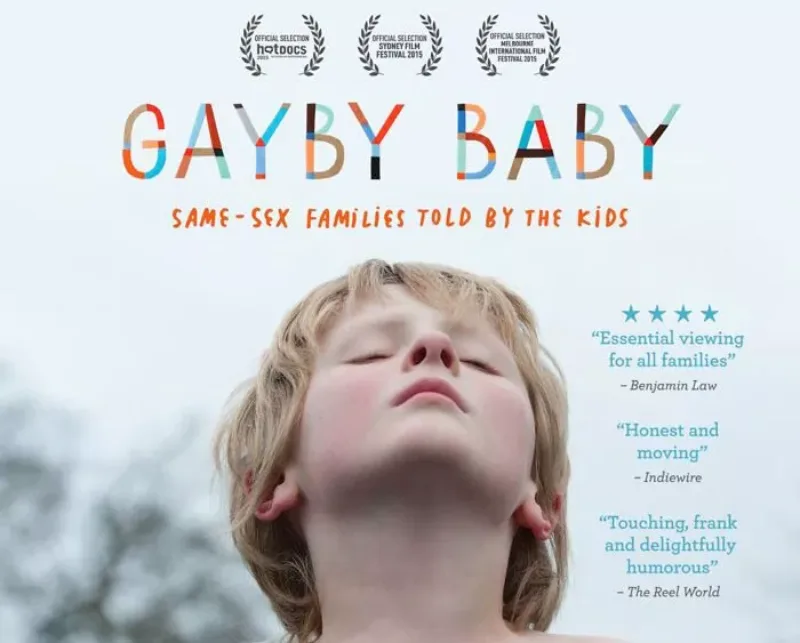
Raising awareness of social issues
Sector Capacity

Our Sector
Philanthropy Australia
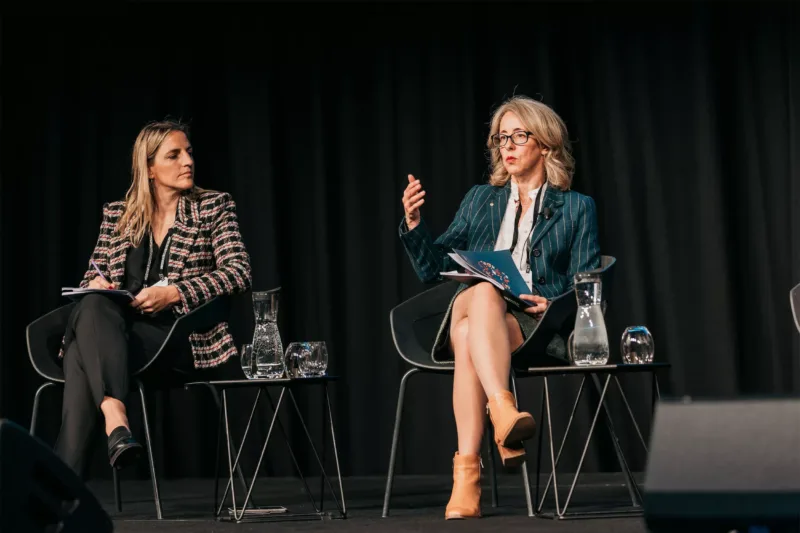
Sector Capacity

Our Sector
The Funding Network
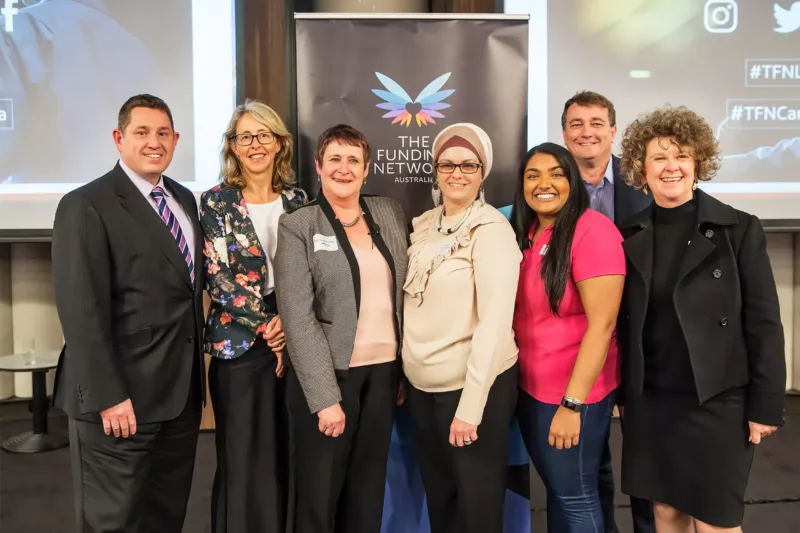
Sector Capacity

Our Family
MND Medical Research
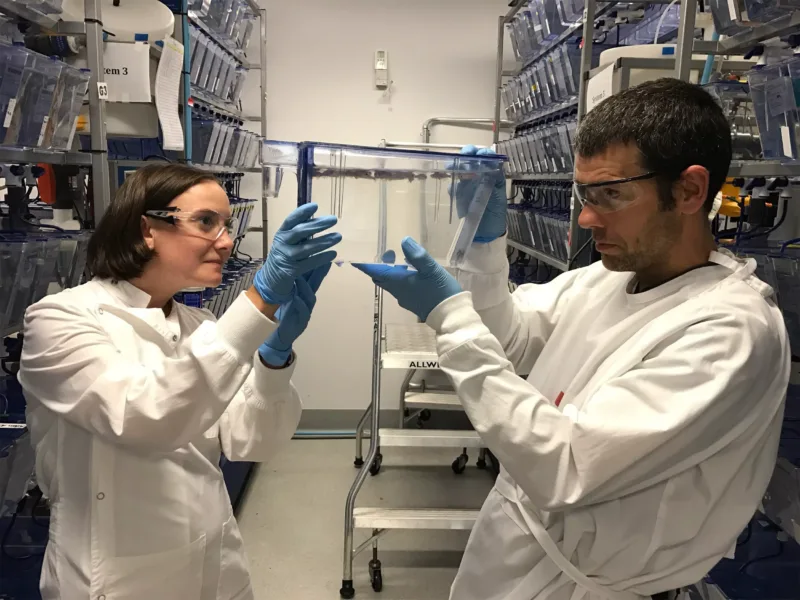
Health

Our Family
Tick-Borne Disease Research Program
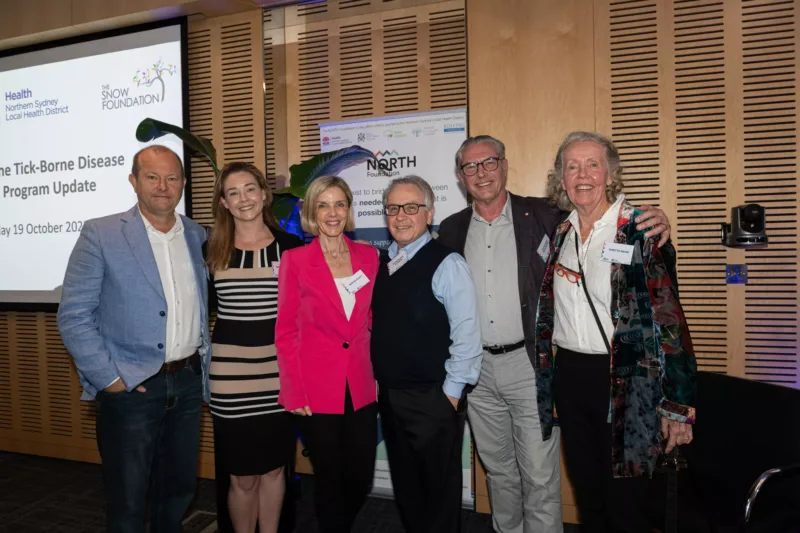
Health

Our Place
The Farm In Galong
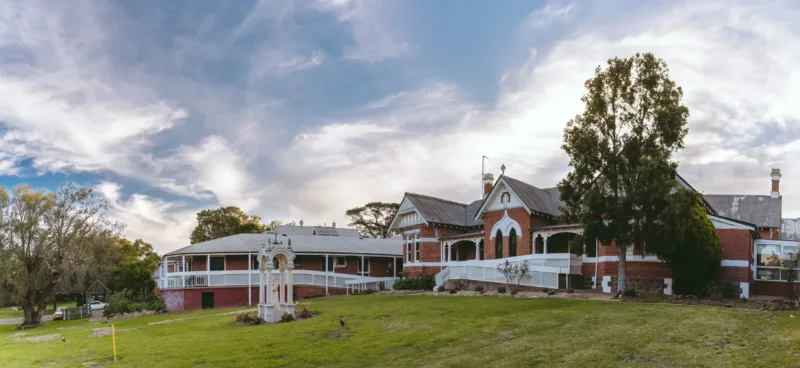
Health

Our Place
Foundation for Rural & Regional Renewal
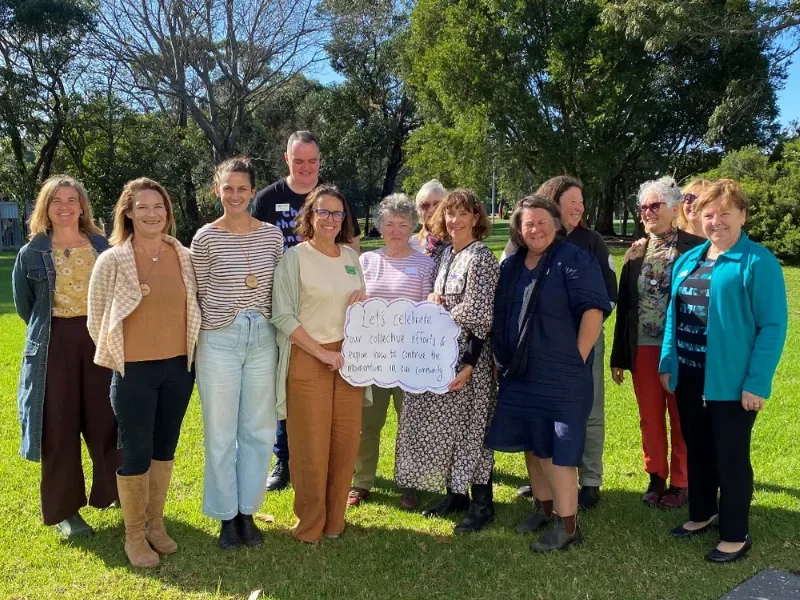
Economic Justice and Safety
Education and Employment
Health
Sector Capacity

Our Place
HOME in Queanbeyan
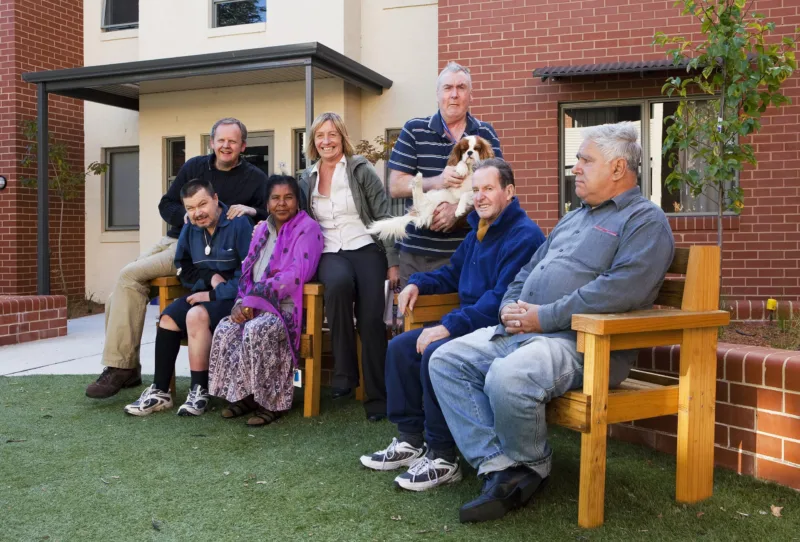
Economic Justice and Safety

Our Place
Karinya House
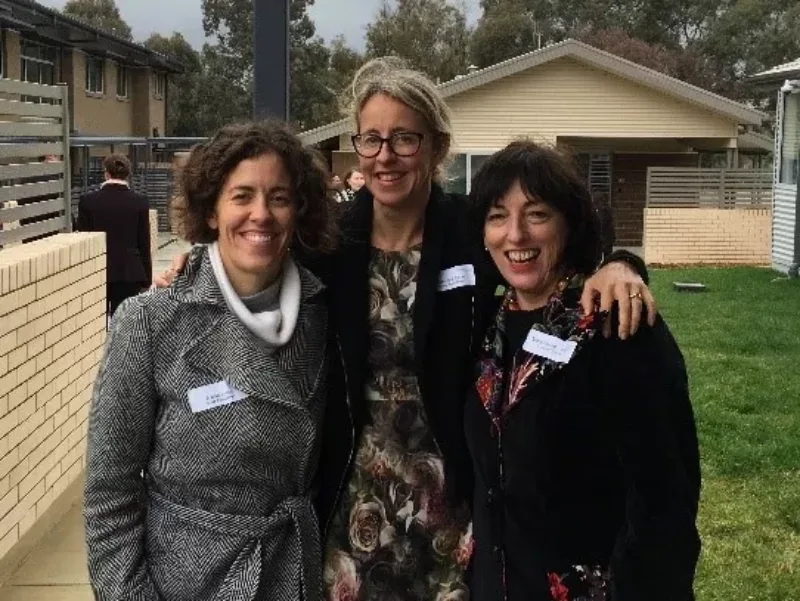
Economic Justice and Safety

Our Country
Sober in the Country
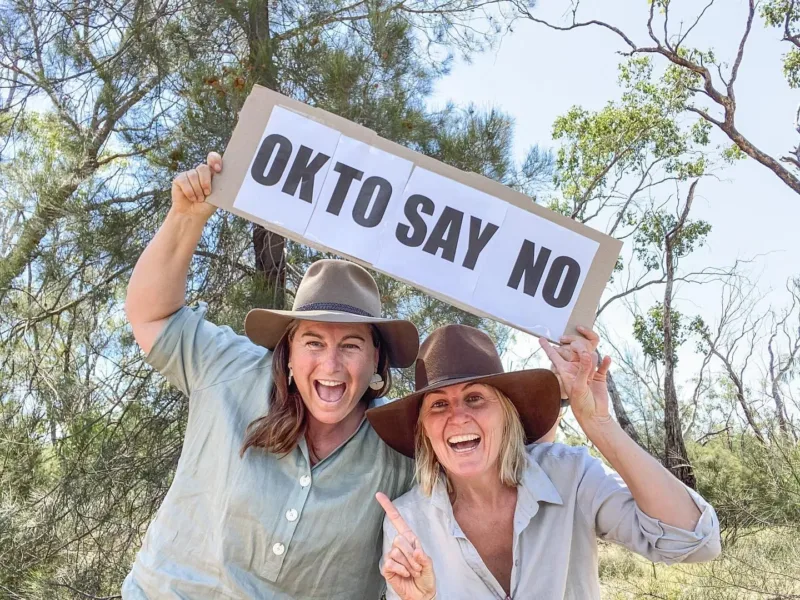
Health
Social Entrepreneurs

Our Country
The Violet Initiative
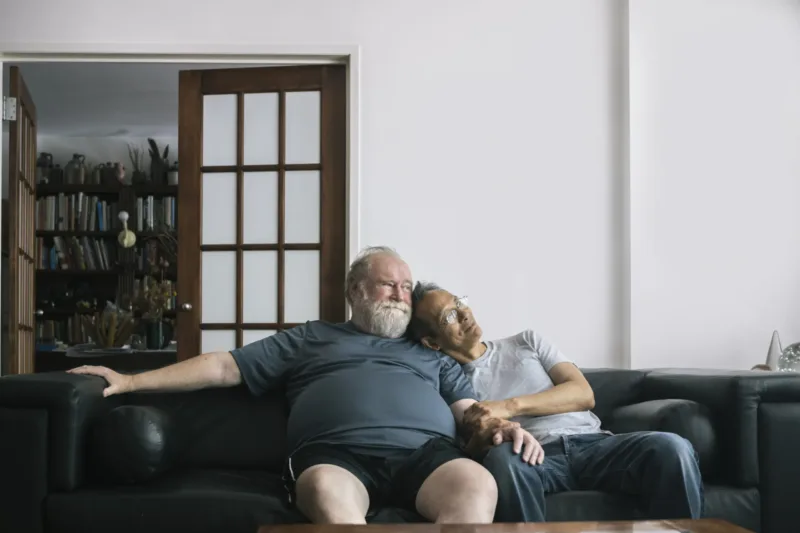
Health
Social Entrepreneurs

Our Country
Uluru Statement from the heart
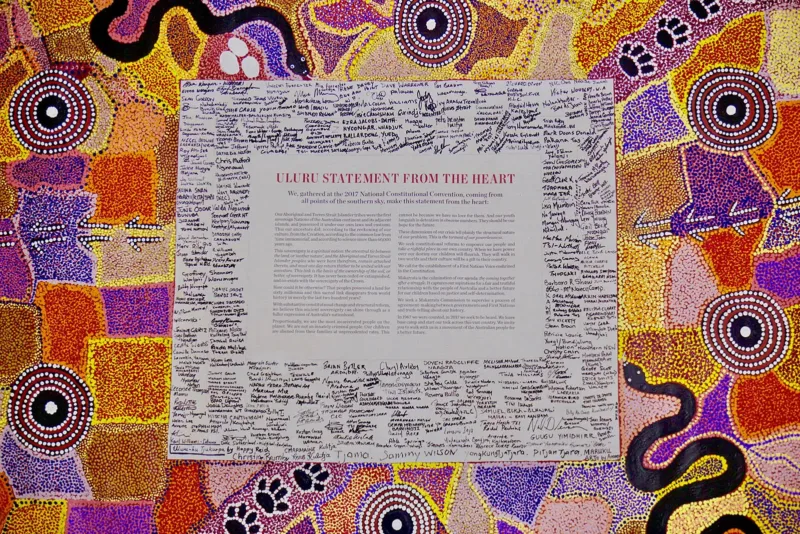
Indigenous Rights
Social Justice Issues

Our Country
Global Sisters

Education and Employment
Social Entrepreneurs

Our Country
One Disease
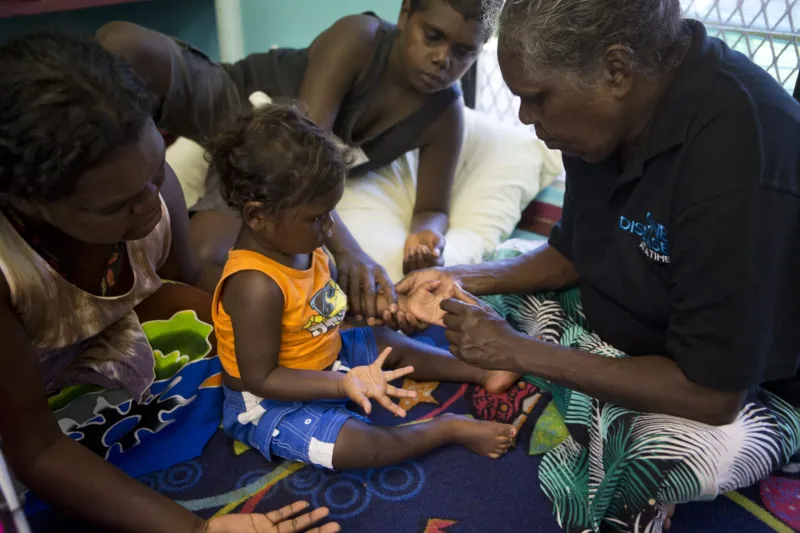
Health
Social Justice Issues

Our Country
Orange Sky Australia
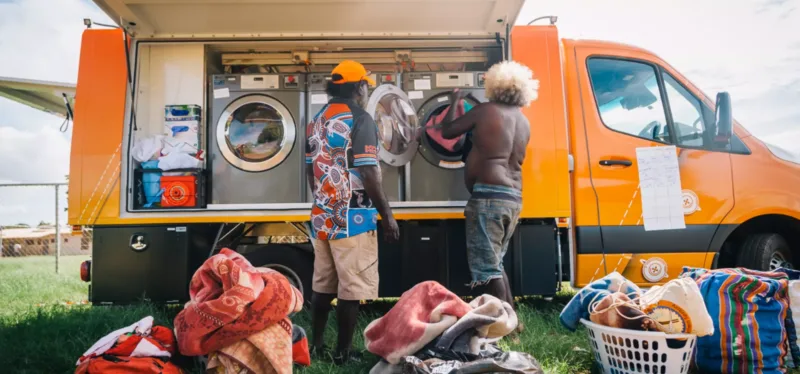
Health
Social Justice Issues